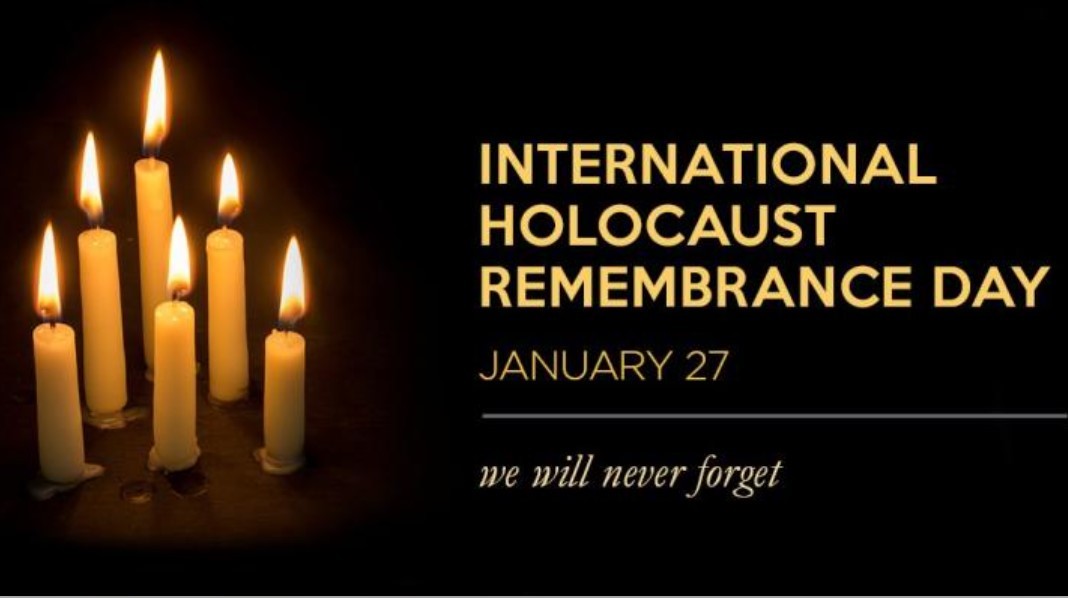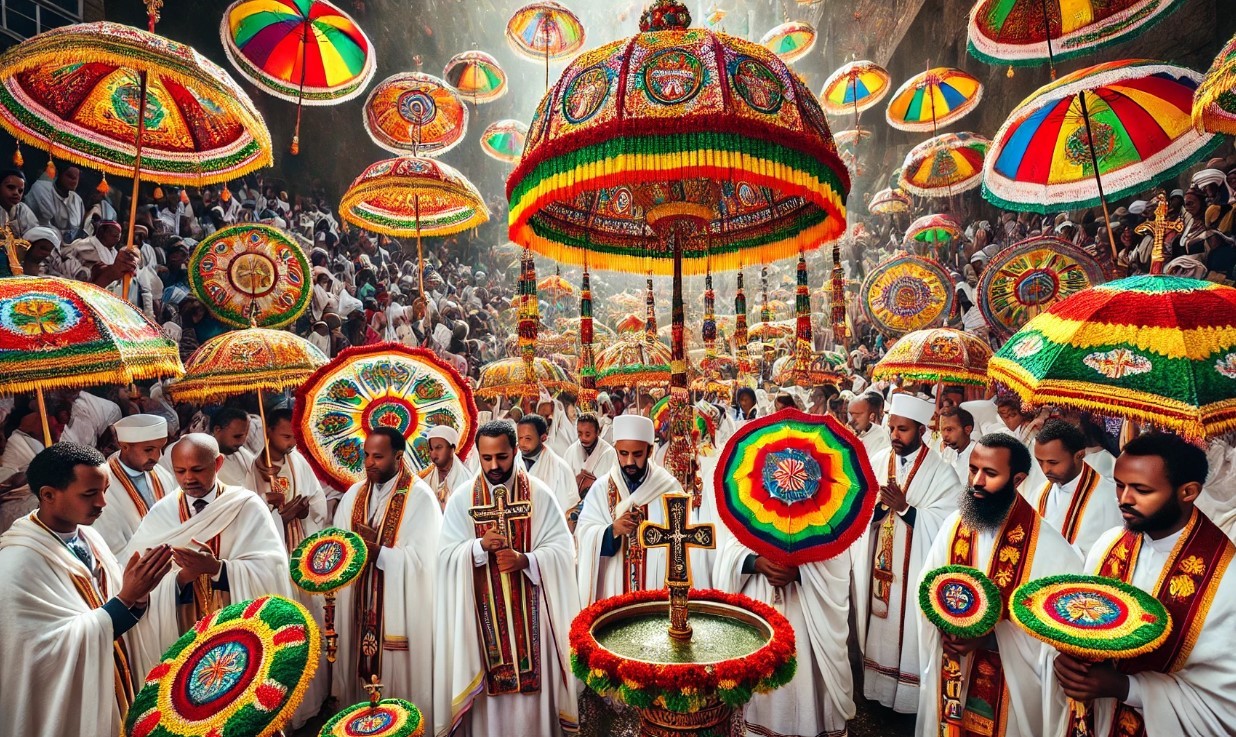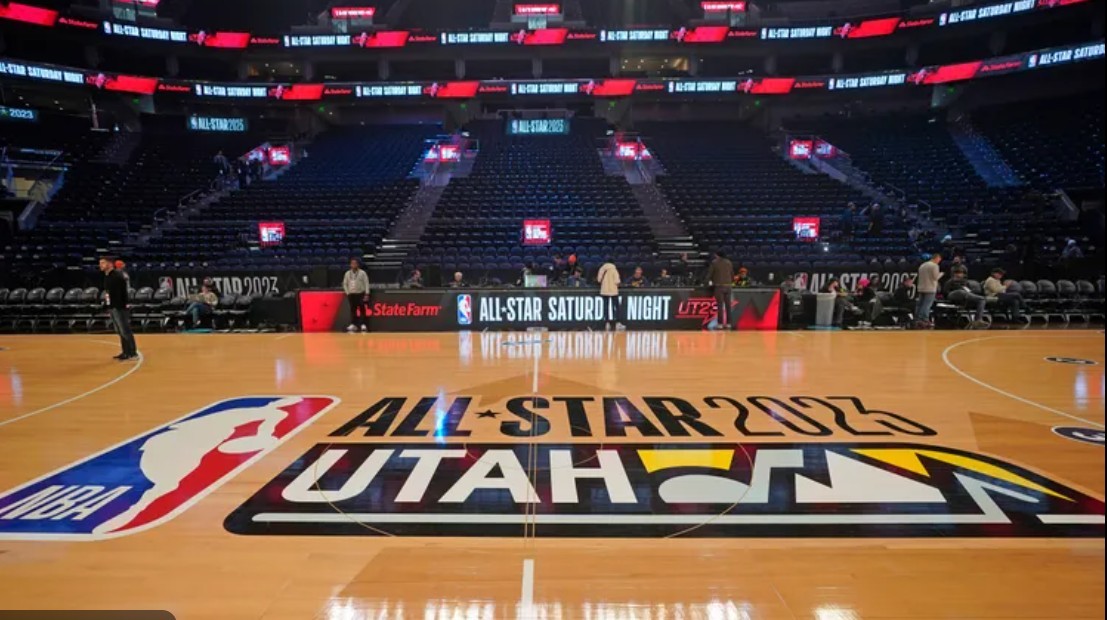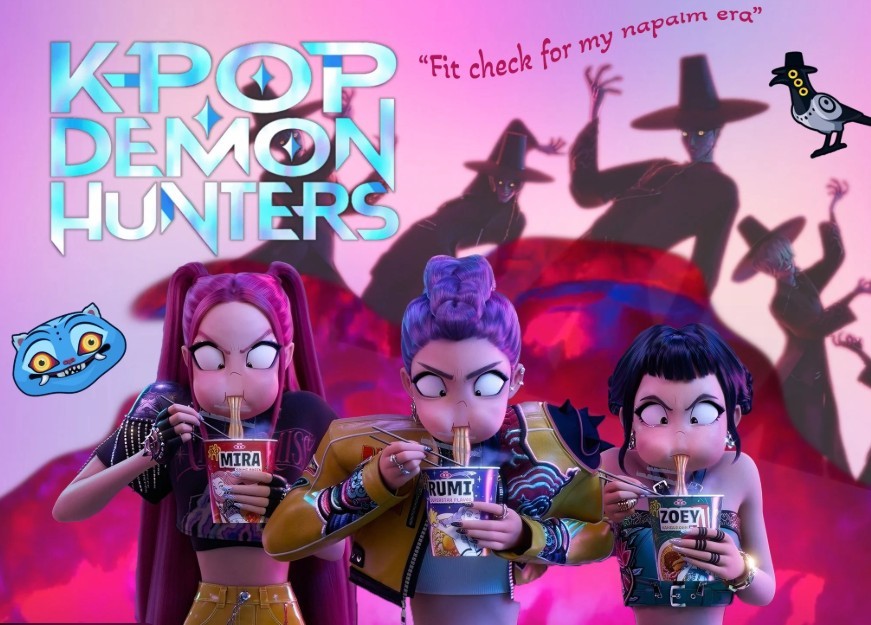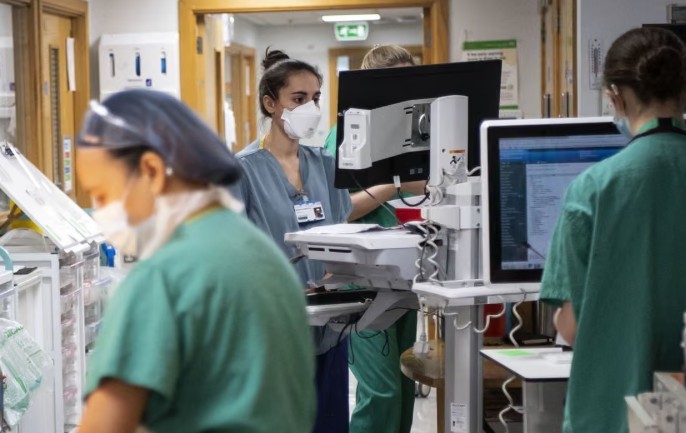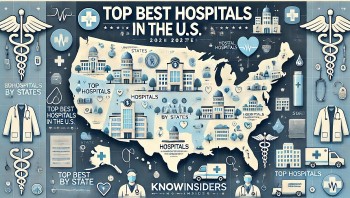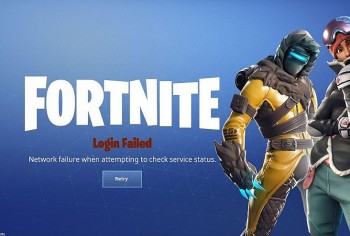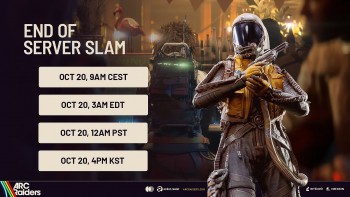International Holocaust Remembrance Day: Date, Celebration, History
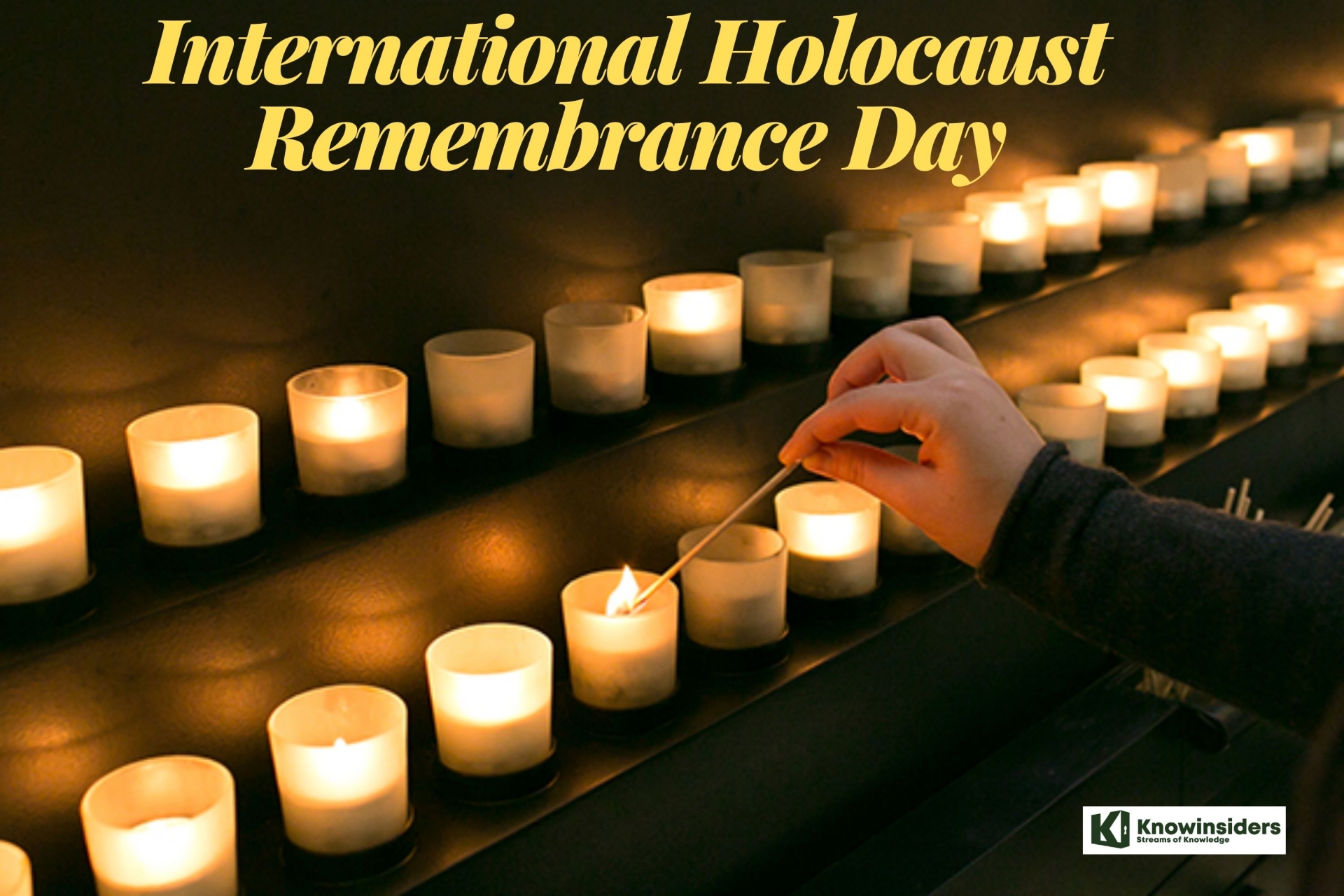 |
| International Holocaust Remembrance Day. Photo: KnowInsiders |
When is International Holocaust Remembrance Day?
The United Nations General Assembly designated January 27—the anniversary of the liberation of Auschwitz-Birkenau—as International Holocaust Remembrance Day.
The purpose of this Day is to commemorate the victims of the Nazi regime, and to promote Holocaust education throughout the world.
Why is it celebrated every 27th of January?
On 1 November 2005, the United Nations General Assembly approved the designation of 27 January as the International Day of Commemoration in memory of the victims of the Holocaust.
The United Nations chose 27 January because it was on 27 January 1945 that the Soviet Army liberated the prisoners of the Auschwitz concentration camp.
The purpose of setting this date is to ensure that Member States develop educational programmes to show future generations the historical reality of the deplorable and repudiatory events of the Holocaust, in order to prevent future acts of genocide.
Why International Holocaust Remembrance Day is Important?
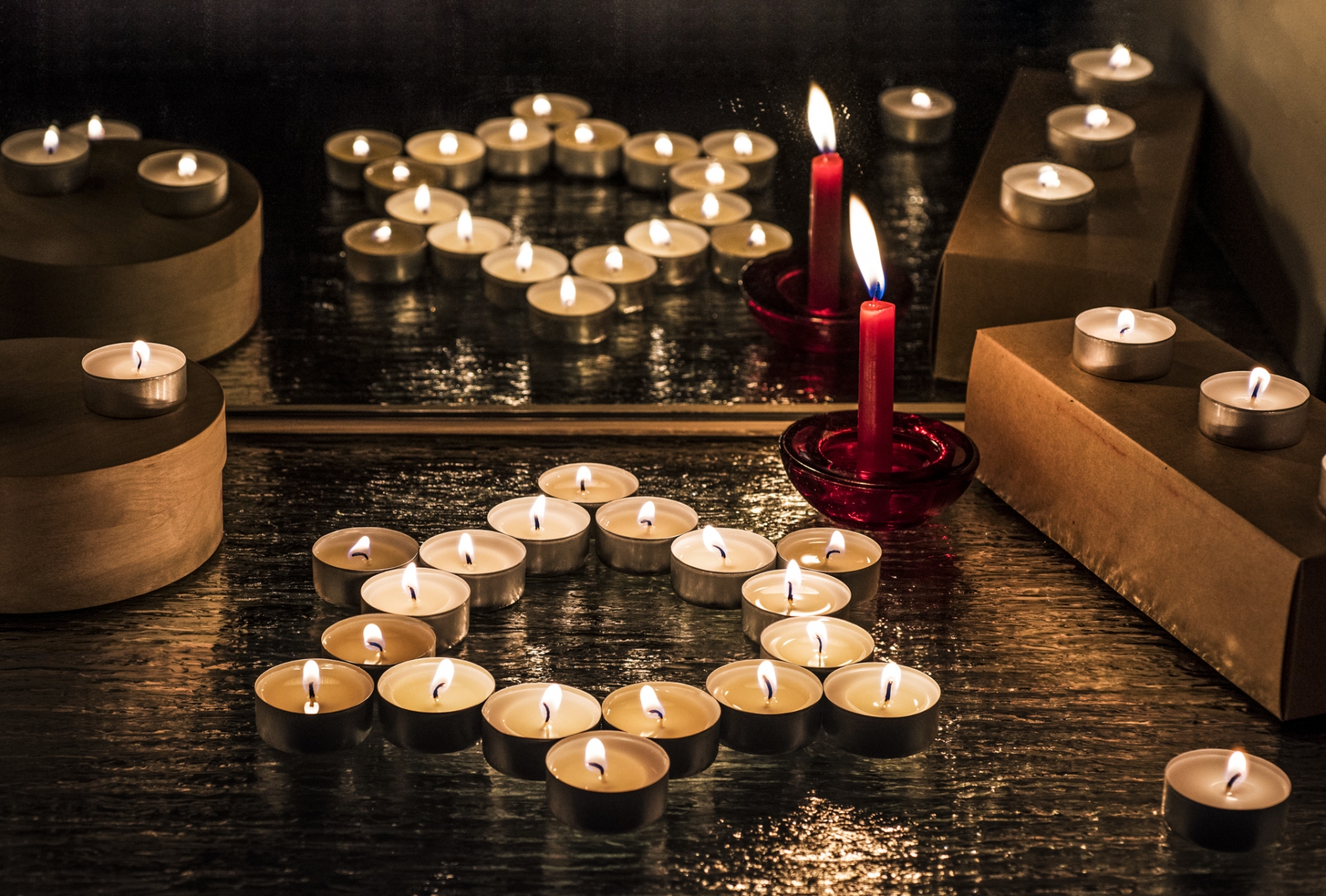 |
| Photo: lbhf.gov.uk |
This news is always relevent
Many of us may be fascinated with purchasing the latest cell phone or learning who a famous Hollywood star is marrying. It's fine to be interested in such things, but we cannot let such trivialities blind us to what evil people do in the world. We must be vigilant. If the horrors of the Holocaust are allowed to fade into the mists of time, they will certainly return to us in the night, threatening us all with doom once more.
We ensure the Holocaust never happens again
Edmund Burke famously said, "The only thing necessary for the triumph of evil is for good men to do nothing." The Holocaust wasn't imagined in a single perverse evening of barbarity. History shows the Nazis arrived at the decision to commit genocide slowly, over years. At some point, concerted effort by good people may have stopped them. Watching current events and seeing parallels in the past is how future holocausts may be prevented.
The human spirit ultimately triumphed
Over 6 million Jews died in the Holocaust, but many survived. Remembrance of the Holocaust teaches us that humanity can survive unimaginable horrors. Personal strength and the will to live carried Holocaust survivors on until their rescue at the end of the war. It's a reminder that no evil is more powerful than the human spirit.
Calendar of events in 2022
20 January – 20 February 2022
Exhibition “After the End of the World: Displaced Persons and Displaced Persons Camps”
Europe emerged from the Second World War utterly broken, with millions of refugees scattered across many countries. The United Nations Relief and Rehabilitation Administration (UNRRA) was created to resettle those displaced by the mayhem of the war and the Holocaust. The fragments from the past illuminate the work of UNRRA administrators, and chart how, in the aftermath of catastrophic loss, Holocaust survivors navigated their new lives in displaced persons camps. The exhibition is sourced with artefacts and documents from the United Nations Archives and the YIVO Institute for Jewish Research Archives. The exhibition was created by the Holocaust and the United Nations Outreach Programme, together with the YIVO Institute for Jewish Research Archives, and the United Nations Archives, and with generous support of Stockton University.
The exhibition is on view through end February 2022. We will notify you should United Nations safety protocols for COVID-19 permit public viewing.
Monday, 24 January 2022
“Holocaust Remembrance: Responsibilities for All Society”
11:00 a.m. - 1:00 p.m. EST
For its annual United Nations event in conjunction with International Holocaust Remembrance Day – this month marking 15 years of observance by the world body – B’nai B’rith International presents a global virtual program entitled, “Holocaust Remembrance: Responsibilities for All Society”. With keynote remarks by German Foreign Minister Annalena Baerbock, best practices will be highlighted by an array of diverse, distinguished speakers including Dani Dayan, Chairman of Yad Vashem; Ellen German, United States Special Envoy for Holocaust Issues; Tracey Petersen, Manager of The United Nations and the Holocaust Outreach Programme; Katharina von Schnurbein, European Commission Coordinator on Combating Antisemitism and Fostering Jewish Life; and Fernando Lottenberg, the Organization of American States Commissioner to Monitor and Combat Antsemitism. Daniel S. Mariaschin, the CEO of B’nai B’rith International, will deliver opening remarks. The event will be moderated by David Michaels, B’nai B’rith Director of UN and Intercommunal Affairs, and Alina Bricman, Director of European Union Affair.
Thursday, 27 January 2022
United Nations Chamber Music Society Virtual Concert
9:00 a.m. EST
The concert will be livestreamed through the UN Web TV and YouTube.
On 27 January 2022, the anniversary of the liberation of the Auschwitz death camp, the United Nations Chamber Music Society of the United Nations Staff Recreation Council, will perform a virtual concert in memory of the victims of the Holocaust. The classical music programme will feature Jewish composers, to instill the memory of the tragedy in future generations to prevent genocide from occurring again. It will also feature special performances from musicians from Maestro Daniel Barenboim’s West–Eastern Divan Orchestra. In addition, the concert will feature artwork by Roy Nachum. Founded in 2016, the United Nations Chamber Music Society carries out the United Nations’ mission of peace, understanding and cooperation, through the universal language of music.
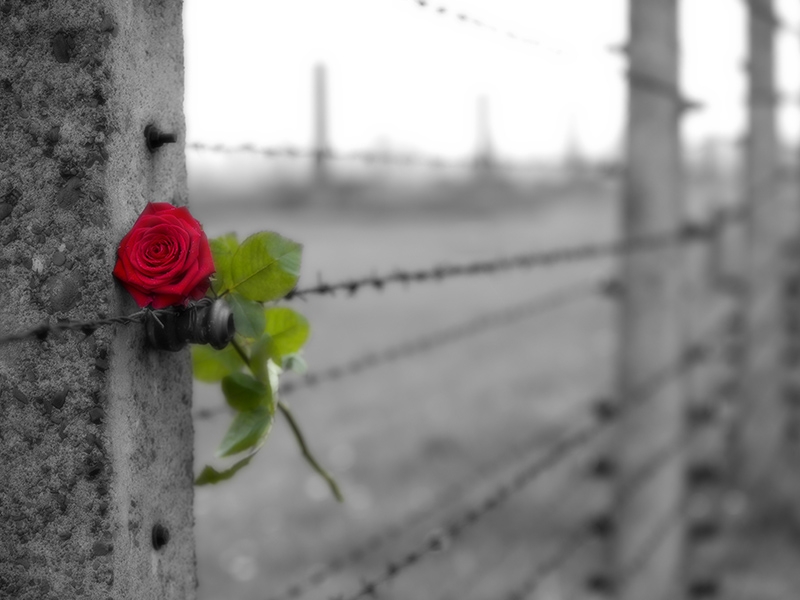 |
| Photo: The Canadian Jewish News |
Virtual seminar “Legacy of Medicine During the Holocaust and its Contemporary Relevance"
12:00 p.m. - 1:15 p.m.
A virtual seminar “Legacy of Medicine During the Holocaust and its Contemporary Relevance” is presented by Hedy S. Wald, PhD, Alpert Medical School of Brown University, and Sabine Hildebrandt, MD, Harvard Medical School. Both Drs. Wald and Hildebrandt are Commissioners of the Lancet Commission on Medicine and the Holocaust, and Dr. Hildebrandt serves as co-chair. The Lancet Commission on Medicine and the Holocaust, has urged the development of “educational approaches using this history to promote ethical conduct, compassionate identity formation, and moral development.” This seminar will catalyze critical thinking on the relevance of the Holocaust for contemporary medicine and help health care trainees and professionals reflect on their core values in the service of humanistic and ethically responsible patient care.
Thursday, 27 January 2022
United Nations Holocaust Memorial Ceremony marking the International Day of Commemoration in memory of the victims of the Holocaust
11:00 a.m. – 12:30 p.m. EST
Ms. Melissa Fleming, United Nations Under-Secretary-General for Global Communications will host the ceremony. Invited speakers include United Nations Secretary-General; the President of the 76th session of the General Assembly; the Permanent Representatives of Israel and the United States; Dr. Petra Gelbart, granddaughter of Romani Holocaust survivors Helena “Margita” Nová and Antonín “Ruda” Hránek, and Mr. Elisha Wiesel, son of Holocaust survivors Marion and Elie Wiesel. Professor John K. Roth will deliver the keynote address. The ceremony will include testimonies from the Holocaust survivors from Canada, Israel, South Africa and the United States. Mr. Pinchas Zukerman and Mr. Shai Wosner will perform a musical piece. Memorial prayers will be recited.
The ceremony will be livestreamed worldwide through the UN Web TV.
Thursday, 3 February 2022
Civil Society Briefing “The Future of Memory: Holocaust Remembrance, History and New Media”
11:00 a.m. - 12:30 p.m. EST
The briefing will examine how memories of the Holocaust are kept and discussed through new media, and the implications for Holocaust history. Panellists will consider the role of new media as an increasingly important tool for educating the public, especially youth, about the Holocaust, as well as combating Holocaust denial and distortion, antisemitism, and other identity-based hatreds.
The panellists include: Eva Pfanzelter, Associate Professor, Department of Contemporary History, University of Innsbruck; Victoria Grace Walden, Director of Learning Enhancement and Senior Lecturer, School of Media, Arts and Humanities, University of Sussex; Stefania Manca, Research Director, Institute of Educational Technology of the National Research Council of Italy; Tobias Ebbrecht-Hartmann, Senior Lecturer, Department of Communication and Journalism, Hebrew University of Jerusalem. Under-Secretary-General for Global Communications Melissa Fleming will deliver opening remarks. The event will be moderated Robert Skinner, Deputy Director and Chief of Partnerships and Global Engagement, Outreach Division, United Nations Department of Global Communications.
Thursday, 10 February 2022
Virtual Film Discussion “The Last Survivors”
12:00 p.m. - 1:30 p.m. EST
“The Last Survivors”, directed by Arthur Cary, gathers together the compelling and, in some cases, never-before-heard testimony from the last Holocaust survivors living in Britain today. All of these extraordinary people were children during the Holocaust, but now in their later years, they reflect on their experiences with a different perspective and understanding of how this past trauma permeates through to their contemporary lives with increased significance.
The film will be made available for viewing prior to the film discussion. The film contains material that is disturbing, and not suitable for younger viewers. Viewer discretion is advised.
Thursday, 17 February 2022
Virtual Series “Conversations with the author”
12:00 p.m. - 1:00 p.m. EST
Dr. Elisabeth Anthony will discuss her new book, “The Compromise of Return: Viennese Jews after the Holocaust” with Professor Albert Lichtblau, Universität Salzburg. The book explores the motivations and expectations that inspired Viennese Jews to re-establish lives in their hometown after the devastation and trauma of the Holocaust. Dr. Anthony investigates their personal, political, and professional endeavours, revealing the contours of their experiences of returning to a post-Nazi society. Dr. Anthony weaves together archival documentation with oral histories, interviews, memoirs, and personal correspondence to craft a multi-layered, multi-vocal narrative of return focused on the immediate post-war years.
The event is part of the discussion series “Refugees and Forcibly Displaced Persons”, organized by the Center for the Study of the Holocaust, Genocide, and Crimes against Humanity, the Graduate Center, CUNY and the Skirball Department of Hebrew and Judaic Studies, NYU, according to un.org.
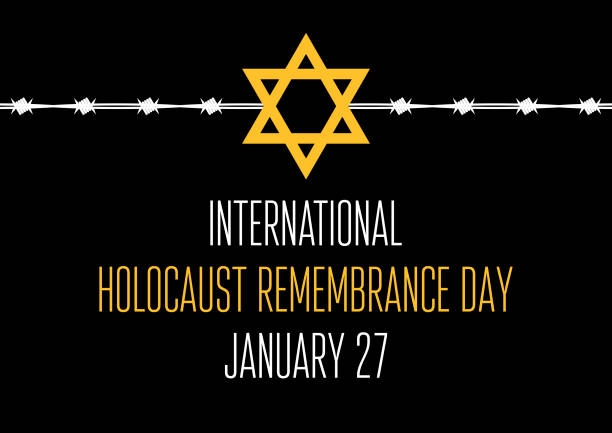 |
| Photo: iStock |
| “Memory, Dignity and Justice” In 2022, the theme guiding the United Nations Holocaust remembrance and education is “Memory, Dignity and Justice”. Holocaust commemoration and education is a global imperative in the third decade of the 21st century. The writing of history and the act of remembering brings dignity and justice to those whom the perpetrators of the Holocaust intended to obliterate. Safeguarding the historical record, remembering the victims, challenging the distortion of history often expressed in contemporary antisemitism, are critical aspects of claiming justice after atrocity crimes. The theme encompasses these concerns. Holocaust commemorative and educational activities will draw attention to the actions taken by Holocaust survivors in the immediate years following the devastation and brutality of the Holocaust, to reclaim their rights, their history, their cultural heritage and traditions, and their dignity. The role played by institutions and individuals in supporting survivors, the long-reaching impact of the Holocaust on survivors’ families, and the impact of the Holocaust on the shaping of human rights policy and interventions will be explored. The theme encourages action to challenge hatred, strengthen solidarity and champion compassion. The Holocaust and the United Nations Outreach Programme is an expression of the unwavering commitment of the United Nations to promoting human rights, to countering antisemitism and racism, and to preventing future genocide. |
How to observe International Holocaust Remembrance Day
Visit a Holocaust Museum
Holocaust Museums are located throughout the world with several in the U.S. The United States Holocaust Museum is located in the National Mall in Washington D.C.
Donate to a Holocaust Museum
Museums of any kind are valuable parts of any society. Supporting Holocaust Museum with donations helps ensure their important information stays available to all.
Help a Holocaust Survivor
According to The Blue Card, a nonprofit organization for survivors, one third of the 100,000 survivors in the US live below the poverty line. Any survivor will be elderly and needing help. Give someone a hand and buy them some groceries or fix their fence. Show then the kindness they never knew before.
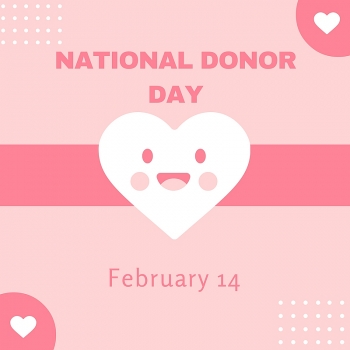 National Donor Day: Date, History, Significance and Meaningful Activities National Donor Day: Date, History, Significance and Meaningful Activities What do you think about donating blood on Valentine's Day? The National Donor Day which falls on February 14 aims to raise awareness of the ... |
 Family Day In Canada: Date, Celebration, History, Meaning Family Day In Canada: Date, Celebration, History, Meaning Canadians have a day to show love for their family. It's Family Day in February. Let's take a look at Family Day's meaning and history. |
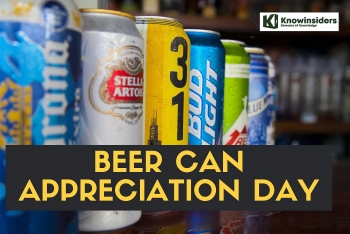 Beer Can Appreciation Day: Dates, Celebrations, History, Meaning and Facts Beer Can Appreciation Day: Dates, Celebrations, History, Meaning and Facts A fan of beer may know that there is a special day that people value beer can named Bear Can Appreciation Day (January 24th). |

